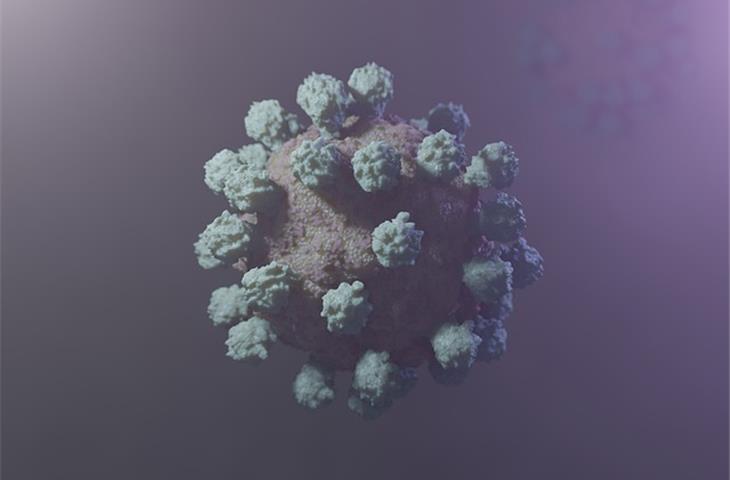The management of NSCLC (NSCLC) presents a major difficulty due to developed resistance to Tagrisso, a third-line EGFR TKI.The L861G mutation is one of the critical mutations that are responsible for this resistance.Resistance to Tagrisso arises due to this mutation, which is characterized by a leucine-to-glycine substitution at amino acid position 861.

This review aims to provide a comprehensive review of the current understanding of developed resistance to the Tagrisso L861G mutation, exploring its mechanisms, possible treatment approaches, and future prospects.developed resistance arises in Tagrisso-resistant NSCLC cells due to the L861G mutation.

This resistance is primarily due to the loss of EGFR inhibitory function, which allows the mutated EGFR to retain its TK activity.Developing effective therapeutic strategies requires understanding the molecular pathways underlying this resistance.The development of resistance to Tagrisso requires the investigation of different treatment strategies.

This section explores different approaches that have been investigated, including the mix of osimertinib and additional targeted medicines, checkpoint inhibitors, and new treatments that target the exact signaling routes of the Leu861Gin mutation.Non-small cell lung cancer patients have emerged as a promising medical treatment choice for checkpoint inhibitors.
This section explores the potential role of checkpoint inhibitors in conquering developed resistance to the osimertinib Leu861Gin mutation, including their ways in which it works and medical proof that supports their use.major unaddressed requirements remain despite the progress that has been made in understanding and treating developed resistance to the Leu861Gin mutation in osimertinib.
This section discusses the existing difficulties and upcoming directions for creating innovative treatment methods, including the finding new focus points, the improvement of combined treatments, and the implementation of tailored medical treatment methods.The therapy for Non-small cell lung cancer remains a significant challenge due to developed resistance to the Leu861Gin mutation in osimertinib.
enhancing health results requires knowledge the ways of resistance, investigating new treatment methods, and addressing unfulfilled requirements.This examination provides a detailed examination of the current understanding and upcoming goals in beating developed resistance to the osimertinib L861G mutation, emphasizing the significance of interdisciplinary methods and tailored treatment in the treatment of non-small cell lung malignancy patients.